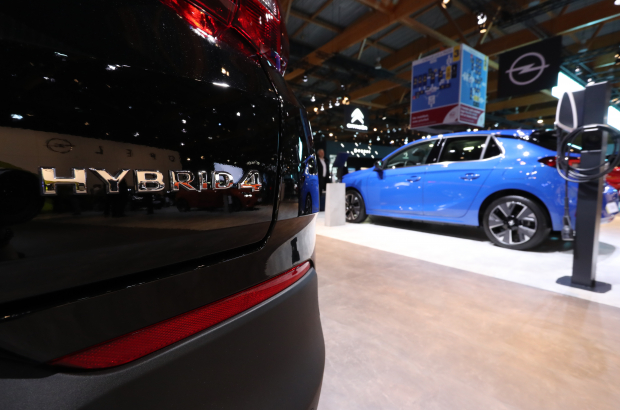- Daily & Weekly newsletters
- Buy & download The Bulletin
- Comment on our articles
Tax on hybrid cars in Brussels, Wallonia much higher than in Flanders
The tax gap for the introduction of hybrid vehicles is sometimes much larger in Wallonia and Brussels compared to Flanders, it was reported on Monday. In the north of the country, the tax for almost all hybrid vehicles amounts to €45.56 but in both Brussels and Wallonia, it can go as high as €4,957.
In 2020, 47,171 hybrid vehicles were sold in Belgium, according to figures released by Febiac, the Belgian federation for automobiles and cycles. Of this number, 33,100 were sold in the north of the country (70.2%) compared to only 7,094 (15%) in Brussels and 6,977 (14.8%) in Wallonia.
One reason for this considerable difference is the Flemish “polluter pays” policy of higher taxes for polluting vehicles and exempting owners of new hybrid vehicles from the introduction tax (taxe de mise en circulation, TMC) until 31 December last year, if the vehicle emitted less than 50g of CO2 per kilometre travelled.
The TMC came into effect again on January 1, but it is still based on the “polluter pays” principle: the less CO2 the vehicle emits, the less its owner has to pay.
In Wallonia and Brussels, on the other hand, new vehicles continue to be taxed on the basis of their power, with the exception of electric cars whose TMC is set at €61.50.
Hybrid vehicles, which have both internal combustion and electric motors, are taxed on the basis of the power of their internal combustion engine and not on the pollution generated while driving. In other words: a powerful car that does not pollute will be taxed more than a small city car that pollutes a lot.
As a result, the south of the country is left with sometimes very large tax differentials compared to Flanders, but reforms are on the horizon. The Brussels Region is considering abolishing both the circulation tax and the annual traffic tax. In Wallonia, a reform of car taxation was also included in the regional policy declaration.

















